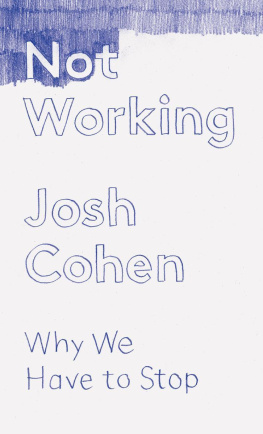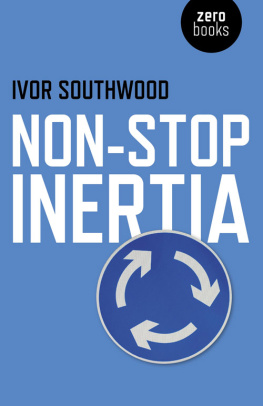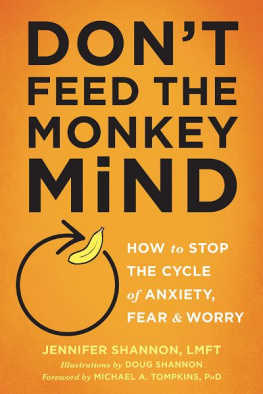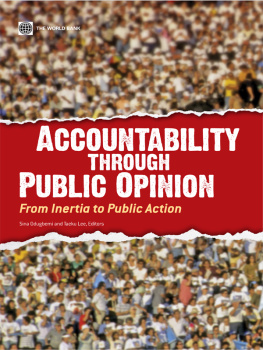


First published by Zero Books, 2011
Zero Books is an imprint of John Hunt Publishing Ltd., Laurel House, Station Approach,
Alresford, Hants, SO24 9JH, UK
office1@o-books.net
www.o-books.com
For distributor details and how to order please visit the Ordering section on our website.
Text copyright: Ivor Southwood 2010
ISBN: 978 1 84694 530 4
All rights reserved. Except for brief quotations in critical articles or reviews, no part of
this book may be reproduced in any manner without prior written permission from
the publishers.
The rights of Ivor Southwood as author have been asserted in accordance with the Copyright,
Designs and Patents Act 1988.
A CIP catalogue record for this book is available from the British Library.
Design: Tom Davies
Printed in the UK by CPI Antony Rowe
Printed in the USA by Offset Paperback Mfrs, Inc
We operate a distinctive and ethical publishing philosophy in all areas of our business, from our global network of authors to production and worldwide distribution.
To my Mum and Dad
Introduction
Business at the warehouse was going downhill rapidly. There had already been meetings on the floor and warnings about dire times ahead. Id only been taken on from the agency and made permanent a couple of months earlier, and already I was expecting to be got rid of. Id been applying for new jobs continuously anyway since I had started there. But for others who were more attached to the place, its social and historical solidity was dissolving before their eyes. We knew that sooner or later there would be a huge cull which would eliminate about a third of the workforce; but in the meantime people were being given notice in dribs and drabs, two or three every month, mostly people like me who had only recently been employed. Every day could be the day you got the tap on the shoulder.
Meanwhile the managers strode along the aisles, on the lookout for people not keeping themselves occupied the reductions in their own workloads presumably gave them more time for surveillance duties and whenever one of them approached as I was dragging some pallet along or flattening a box Id think, could this be my P45 moment? If I was being cynical I could suggest that some of the managers seemed to actually enjoy the tension that this atmosphere brought, and the extra power it gave them, even as they applied for other jobs themselves (interestingly, all the managers who seemed to embrace this role were also men). The disciplinary regime meant that no-one could stop working in the afternoon until one of the managers came out of the office and shouted at us that we could go. In the last few minutes of the day, rather than wind down naturally, people would sneak nearer to the door to make a quick getaway when the call came, hide behind the racking like naughty schoolchildren in order to have a conversation, or simply make gestures of looking busy, sweeping up invisible dirt or tidying shelves, even if the real work, and the will to do it, had long since dried
What did we have to look forward to? The sale of the company to a group of venture capitalists and the subsequent charade of a consultation; being scored by managers on our work performance and having to score ourselves, and then discuss the disparity between these two ratings in an interview; re-applying for our jobs and being encouraged to sell ourselves back to the company in competition with our colleagues, even as we suspected that the decisions had already been made. The temptation to refuse to take part in this bleak pantomime was overruled by the impulse for survival. Many hard-working and experienced staff were shocked by the brutality of these exercises, which seemed designed to systematically attack their self-esteem. Again, while redundancies were inevitable considering the state of the company, the way the process was conducted, compounded by the pretence of openness and fairness, was almost deliberately humiliating.
One day, after we had been let out of the building many of us would soon be leaving forever, I overheard two colleagues talking a few seats behind me on the bus. Discussing the situation, a clever and sensitive man whose wry sense of humour helped make the place tolerable remarked to his friend that the best solution for all concerned would be for the North Koreans to drop a nuclear bomb on the place. His companion responded with a roar of laughter.
The fleeting image of obliteration summed up our own daily tasks of emotional fission: the ambivalence which irradiated the building, piercing our most mundane gestures with ridiculous unspoken fear, and the immense energy involved in splitting our real selves off from our work identities. We hated the place and despised everything it had come to stand for, and yet we were terrified of being set free into an economic vacuum where we would struggle to find work and have to present ourselves indiscriminately to other potential employers as similarly enthusiastic, compliant and flexible. I often arrived at the warehouse in the mornings with a mixture of relief that I still had a job and disappointment that the place had not been somehow swept away during the night, or hoping that the managers, knowing that their time was up, had deserted their posts like guards leaving a camp, so at last we could roam the aisles and offices freely without fear of reprimand until an executive somewhere remembered to phone a temp and order her to press a button and delete us all.
In a way, these contradictory but taken-for-granted feelings a fear of imminent destruction and at the same time a wish for this corrupted and imprisoning system to collapse form the starting point for this book. There is a sense of overwhelming precariousness, in work, in matters of money, and in culture generally; a feeling of being kept in suspense which appears like a law of nature, rather than something human-made. For many people the current economic crisis has arguably only validated this already-existing precariousness, and made it seem even more unchallengeable.
By exploring various aspects of culture, concentrating especially on the workplace and its related settings, I argue that this state of insecurity which taps into our deepest fears and desires, much as neurosis draws on and distorts the unconscious is artificially maintained, while being presented as inevitable, just a fact of life. A continual restless movement towards the next job, commodity or identity means that this reality never really comes into focus: our vision is always too blurred to orientate ourselves or see how things might be changed. Whether literally or figuratively, by way of temporary work and perpetual jobseeking or mobile media and aspirational consumption, this superficial movement conceals a deep paralysis of thought and action. Undercurrents of resentment at our enforced participation are suppressed by a daily deluge of positive language: interactivity, progress, opportunity, choice. For evidence of this one need look no further than the anxiety and depression lurking beneath the upbeat discourse of career flexibility, or the increasing amounts of time routinely spent job searching and commuting at the expense of interests outside work.
Although theoretical sources are used to back up its arguments, this book is not a detached academic study. It is written from within the debt-driven jobseeking subjectivity which it describes. Neither is it framed by a journalistic sabbatical after which the author returns to normal life; this













